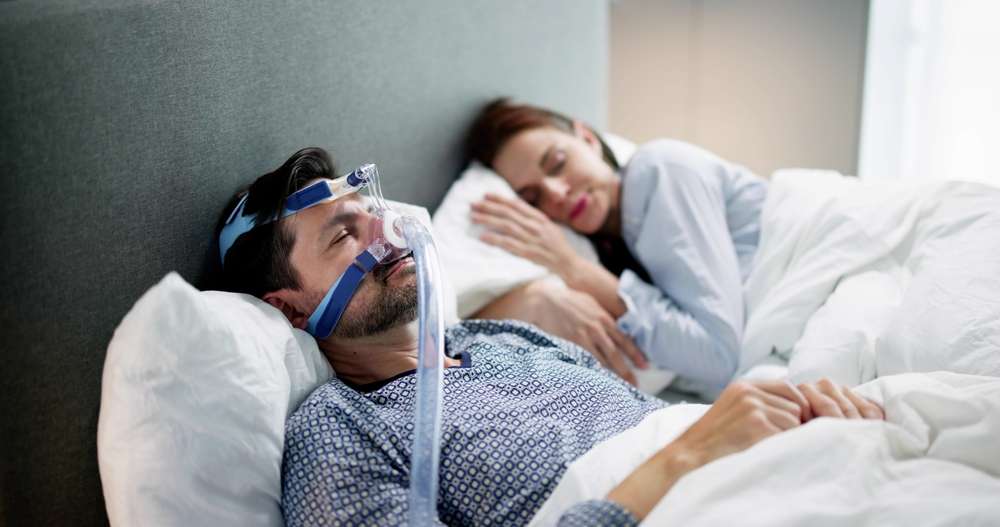Sleep Apnea: Clinical Trials and Treatments
Sleep apnea clinical trials are reshaping the landscape of sleep disorder treatment, offering hope to millions while providing opportunities for participation in groundbreaking research. These studies not only advance medical understanding but often provide compensation to participants. From innovative devices to cutting-edge medications, researchers are exploring multiple approaches to manage this common sleep disorder, which affects breathing patterns during rest and impacts overall health.

What is sleep apnea and why are clinical trials important?
Sleep apnea is a serious sleep disorder characterized by repeated interruptions in breathing during sleep. These pauses can last from a few seconds to minutes and may occur 30 times or more per hour. The most common type is obstructive sleep apnea (OSA), where the airway becomes blocked or collapses during sleep. Clinical trials are crucial for developing new treatments, improving existing ones, and understanding the long-term effects of sleep apnea on overall health.
How do obstructive sleep apnea clinical trials work?
Obstructive sleep apnea clinical trials typically involve testing new treatments or devices designed to keep the airway open during sleep. Participants may be asked to use experimental CPAP machines, oral appliances, or undergo surgical procedures. These trials often require overnight stays in sleep labs for monitoring and data collection. Researchers measure factors such as oxygen levels, breathing patterns, and sleep quality to assess the effectiveness of the interventions.
What types of sleep apnea clinical trials are currently ongoing?
Current sleep apnea clinical trials cover a wide range of potential treatments. Some focus on improving CPAP technology to make it more comfortable and effective. Others explore alternative therapies such as hypoglossal nerve stimulation, which involves implanting a device to stimulate the nerve controlling tongue movement. Pharmaceutical trials are also underway, investigating medications that could help maintain muscle tone in the upper airway during sleep.
Who can participate in sleep apnea clinical trials?
Eligibility for sleep apnea clinical trials varies depending on the specific study. Generally, researchers seek participants diagnosed with sleep apnea who meet certain criteria such as age, severity of the condition, and absence of other significant health issues. Some trials may focus on specific populations, such as those with obesity or cardiovascular disease, while others might seek participants who have not responded well to standard treatments.
What are the benefits and risks of participating in paid sleep apnea research studies?
Participating in paid sleep apnea research studies offers several benefits. Participants often receive free medical care and close monitoring related to their sleep apnea. They may gain access to cutting-edge treatments before they become widely available. Additionally, many studies offer financial compensation for time and effort. However, risks can include potential side effects from experimental treatments, the inconvenience of multiple clinic visits, and the possibility that the new treatment may not be effective.
How can one find and apply for sleep apnea clinical trials?
To find sleep apnea clinical trials, interested individuals can start by checking the ClinicalTrials.gov website, which lists ongoing studies across the United States. Many university hospitals and sleep centers also conduct research and may have information on their websites. Consulting with a sleep specialist can provide guidance on suitable trials. When applying, be prepared to undergo screening processes, which may include medical history reviews, physical exams, and sleep studies to determine eligibility.
| Clinical Trial Type | Estimated Compensation | Duration | Key Requirements |
|---|---|---|---|
| CPAP Device Study | $500 - $1000 | 3-6 months | Diagnosed OSA, 18+ years old |
| Oral Appliance Trial | $300 - $800 | 2-4 months | Mild to moderate OSA, non-CPAP users |
| Hypoglossal Nerve Stimulation | $1000 - $2500 | 6-12 months | Severe OSA, CPAP intolerant |
| Sleep Apnea Medication Study | $400 - $1200 | 1-3 months | Newly diagnosed OSA, no prior treatment |
Prices, rates, or cost estimates mentioned in this article are based on the latest available information but may change over time. Independent research is advised before making financial decisions.
Sleep apnea clinical trials play a vital role in advancing our understanding and treatment of this common sleep disorder. By participating in these studies, individuals not only contribute to scientific progress but also potentially gain access to innovative therapies. As research continues, the hope is that more effective, comfortable, and patient-friendly treatments will emerge, improving the quality of life for millions affected by sleep apnea.
This article is for informational purposes only and should not be considered medical advice. Please consult a qualified healthcare professional for personalized guidance and treatment.




